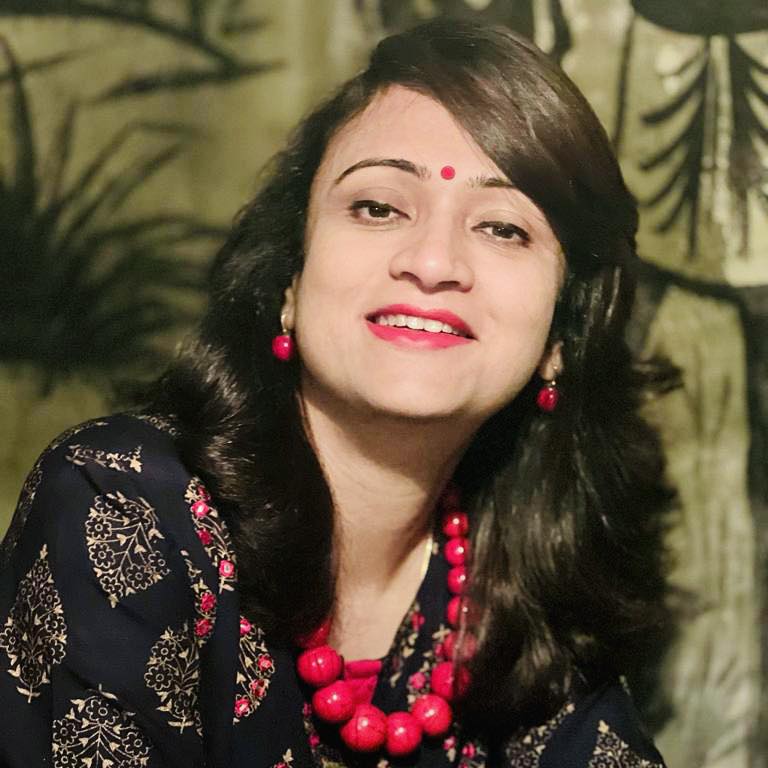Quantum Innovations that Transcend Geographical Boundaries.
Quantum information technology aims to explore how information can be manipulated using the principles of quantum mechanics. It has recently emerged as an efficient and sustainable future technology, offering the potential for more efficient computing and secure communication with minimal computational overhead. Prof. Urbasi believes that the technology offers trust guarantees that can be easily understood compared to current security algorithms that potentially allow powerful agencies to present schemes as secure while having a hidden ability to break them.
Her work primarily focuses on the applications of photonic quantum information, including but not limited to secure quantum communications, quantum computing, quantum sensing and imaging as well as precision tests of fundamental aspects of quantum mechanics. Fostering an international community of quantum engineers, Prof. Urbasi is working to increase public awareness of cutting-edge experimental research in quantum information technology, opening up tremendous opportunities for quantum research and innovation that transcend geographical boundaries.

A Career in Quantum Information Technology
Prof. Urbasi has been a faculty member at the Raman Research Institute (RRI), Bengaluru, India since 2012. In 2020, she became a full professor. She is an experimental quantum physicist with longstanding expertise in diverse areas of quantum technologies across photonics as well as solid-state platforms. Her lab at RRI is one of India’s first labs dedicated to researching the applications of photonic quantum information. In 2018, she was awarded the ICTP-ICO Gallieno Denardo award in optics for her pioneering research in photonic quantum technologies in India. In 2023, she was awarded the 26th SIES Chandrasekarendra Saraswathi National Eminence Award in Science and Technology.
Prof Urbasi has published several research papers on quantum information technologies. She has more than 50 publications in international peer-reviewed journals and is a recipient of multiple scholarships and grants, including grants under the Quantum Enabled Science and Technology network programme of the DST (2019), the Indian Space Research Organization (ISRO) for Quantum Experiments using Satellite Technology (2017) and the Ministry of Electronics and Information Technology (MEITY) towards
“Centre of Excellence for Quantum Technology” (2020). Recently, Prof. Urbasi has been awarded the Canada Excellence Research Chair in Photonic Quantum Science and Technologies.
A Peer-Support Network to Revolutionise Quantum Information Technology
Prof Urbasi’s ongoing DIA-supported project aims to establish and strengthen collaboration in the broad area of secure quantum communications between Indian, UK and Canadian researchers. The project utilises workshops and university tours to build a peer-support network of international associates whose work is aligned with quantum information technology as well as facilitate knowledge exchange to build capacity and talent base in the international quantum engineering communities.
Prof Urbasi believes that while India, the UK and Canada have historic ties and strong traditions of foundational research that cross-fertilise with new technologies such as quantum cryptography, collaborations between these countries have been under-supported. Collaborating with Prof Adrian Kent and Dr Damian Pitalua-Garcia from the University of Cambridge, Prof Urbasi is building deep and sustainable links between leading research institutions in India, Canada and the UK, planting the seed for future larger-scale funding of international collaborations on quantum information technologies. Prof Urbasi hopes that collaborations between a stratum of citizen scientists will offer broad and justified public confidence in quantum solutions for secure communication problems.
It is crucial to have awareness: Conduct public awareness campaigns to educate the community
Enhancing Innovation for a Sustainable and Inclusive Society
Prof. Urbasi believes that future technologies like quantum information technologies can be utilised in the service of a sustainable society and inclusive economy. In addition to building a peer-support network of international quantum information technology associates, Prof. Urbasi aims to leverage her associations with international think tanks to design, develop and deploy quantum technologies to advance scientific works in sectors such as healthcare and medicine and enhance innovations ranging from secure communication to secure voting with appropriate privacy guarantees. She also aims to disseminate knowledge about thriving research in quantum technologies to excite young students and researchers to join the community.
